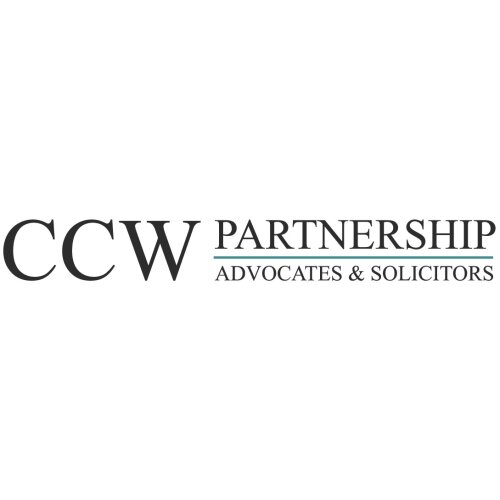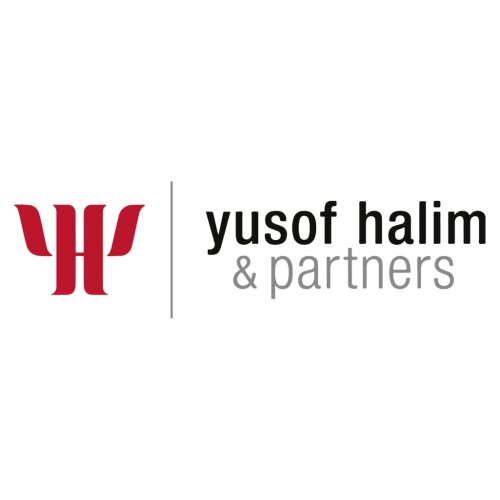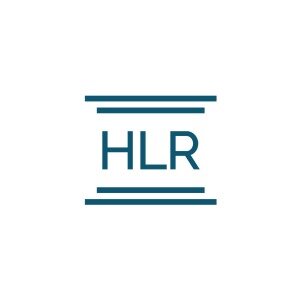Best Financial Services Regulation Lawyers in Bandar Seri Begawan
Share your needs with us, get contacted by law firms.
Free. Takes 2 min.
List of the best lawyers in Bandar Seri Begawan, Brunei
About Financial Services Regulation Law in Bandar Seri Begawan, Brunei
Financial Services Regulation in Bandar Seri Begawan, Brunei, is governed by an intricate framework of laws and regulations designed to oversee financial institutions and markets. The regulatory regime aims to ensure the stability and integrity of the financial system while safeguarding consumer interests. The main regulatory body is the Autoriti Monetari Brunei Darussalam (AMBD), which is responsible for the prudential supervision of banks, insurance companies, and capital markets. These regulations are crucial in maintaining the economic stability of Brunei and promoting investor confidence.
Why You May Need a Lawyer
Seeking legal advice in the field of Financial Services Regulation can be essential in several scenarios. If you are establishing a financial institution, dealing with compliance issues, facing regulatory investigations or disputes, or require guidance on financial transactions and acquisitions, a lawyer can provide invaluable assistance. Legal expertise is also crucial when navigating complex regulatory changes, drafting policies that meet compliance standards, and understanding your rights and obligations under the law.
Local Laws Overview
Financial Services Regulation in Bandar Seri Begawan is primarily regulated by the AMBD Order, 2010, and relevant guidelines issued by the AMBD. Key aspects of this regulatory landscape include licensing requirements for financial service providers, capital adequacy protocols, anti-money laundering statutes, consumer protection measures, and corporate governance standards. Compliance with these regulations is mandatory to operate legally within Brunei's financial sector, and breaches may result in severe penalties, including fines and license revocation.
Frequently Asked Questions
What is the role of the Autoriti Monetari Brunei Darussalam (AMBD)?
The AMBD serves as the central bank of Brunei, overseeing monetary policy, financial institutions, and ensuring financial stability and compliance with regulations.
What steps are involved in obtaining a financial service provider license in Brunei?
Applicants must submit detailed documentation, including a business plan, risk management strategy, and proof of financial stability, to the AMBD for evaluation and approval.
How does Brunei address anti-money laundering (AML)?
Brunei has implemented stringent AML regulations, requiring financial institutions to adopt measures such as customer due diligence, suspicious transaction reporting, and regular audits to prevent money laundering activities.
What consumer protection laws exist for financial products in Brunei?
Consumer protection laws ensure fair treatment of customers, transparency in disclosures, and recourse mechanisms for grievances against financial institutions.
Are there restrictions on foreign financial institutions operating in Brunei?
Foreign financial institutions can operate in Brunei but must comply with local licensing requirements and regulations set by the AMBD.
What is the process for resolving disputes in the financial sector?
Disputes are typically resolved through mediation, arbitration, or legal proceedings, with the AMBD playing a role in regulatory disputes.
How does Brunei regulate capital markets?
Capital markets are regulated under specific guidelines to ensure transparency, proper disclosure, and investor protection, with oversight by the AMBD.
What are the penalties for regulatory non-compliance?
Penalties for non-compliance can include monetary fines, suspension or revocation of licenses, and in severe cases, criminal charges against responsible individuals.
How often do financial institutions need to report to the AMBD?
Reporting frequency varies based on the nature of the institution and specific regulations, but typically includes regular financial reporting and immediate notification of significant changes or incidents.
What ongoing compliance requirements exist for financial institutions?
Ongoing requirements include meeting capital adequacy ratios, conducting internal audits, adhering to AML protocols, and keeping abreast with regulatory updates.
Additional Resources
Those seeking more information can refer to the Autoriti Monetari Brunei Darussalam (AMBD) website and the Brunei Darussalam Central Bank publications. Engaging with professional associations like the Brunei Association of Banks and consulting financial regulation reports can also provide valuable insights.
Next Steps
If you need legal assistance in navigating Financial Services Regulation in Bandar Seri Begawan, consider engaging a lawyer specialized in financial regulations. Research legal firms with experience in this field, schedule consultations to discuss your specific needs, and ensure that your chosen legal advisor is well-versed in Brunei’s regulatory landscape. Additionally, staying informed through workshops, seminars, and continuing education on regulatory updates will empower you to make informed decisions.
Lawzana helps you find the best lawyers and law firms in Bandar Seri Begawan through a curated and pre-screened list of qualified legal professionals. Our platform offers rankings and detailed profiles of attorneys and law firms, allowing you to compare based on practice areas, including Financial Services Regulation, experience, and client feedback.
Each profile includes a description of the firm's areas of practice, client reviews, team members and partners, year of establishment, spoken languages, office locations, contact information, social media presence, and any published articles or resources. Most firms on our platform speak English and are experienced in both local and international legal matters.
Get a quote from top-rated law firms in Bandar Seri Begawan, Brunei — quickly, securely, and without unnecessary hassle.
Disclaimer:
The information provided on this page is for general informational purposes only and does not constitute legal advice. While we strive to ensure the accuracy and relevance of the content, legal information may change over time, and interpretations of the law can vary. You should always consult with a qualified legal professional for advice specific to your situation.
We disclaim all liability for actions taken or not taken based on the content of this page. If you believe any information is incorrect or outdated, please contact us, and we will review and update it where appropriate.














